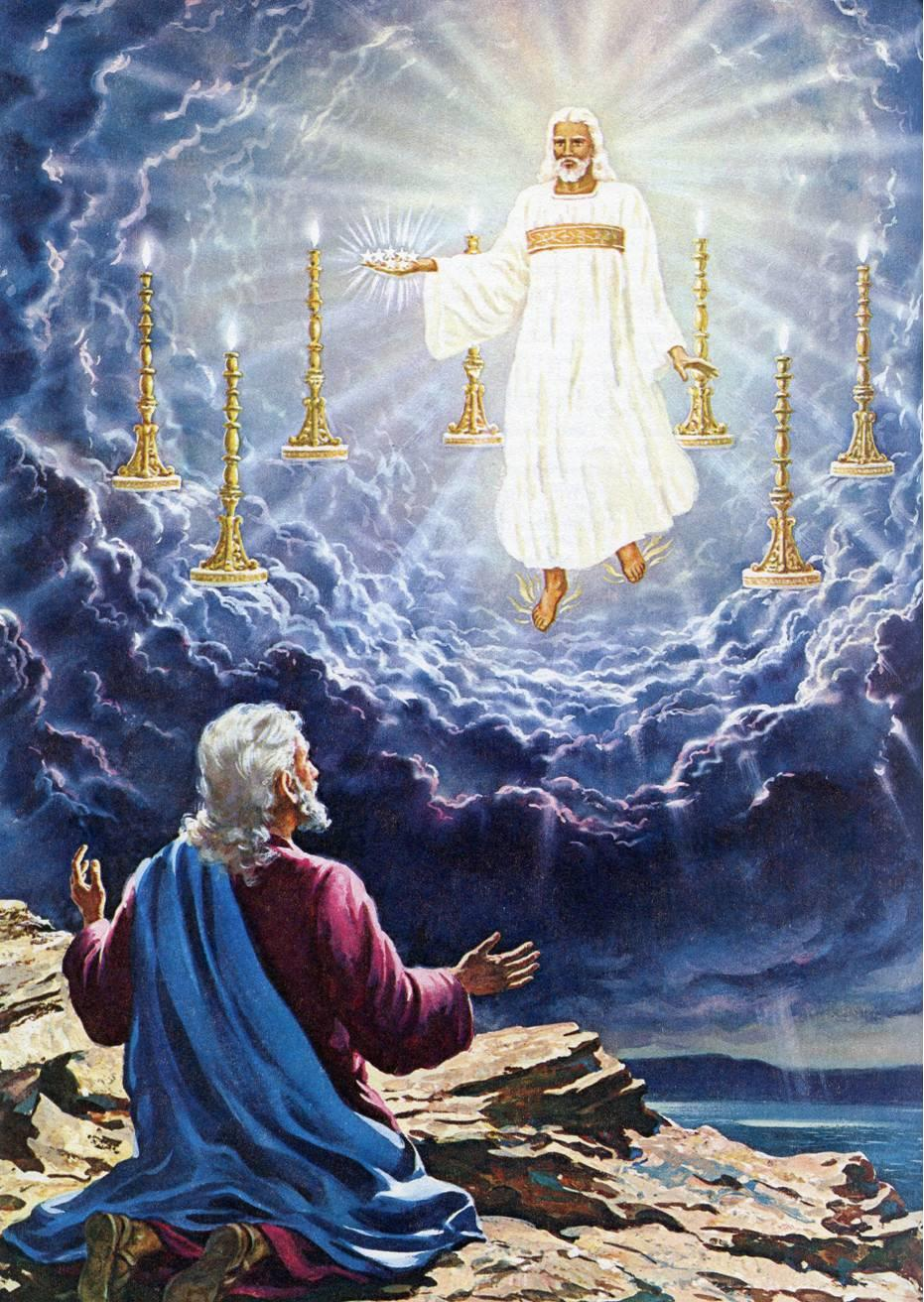The Lord’s Prayer
Glory in the Highest to God
Luke 2:9-14, 20. And behold, the angel of the Lord stood by them, and the glory of the Lord shone round about them, and they feared with great fear. And the angel said to them, Fear not... For to you is born this day a Savior, who is Christ the Lord, in the city of David....
And suddenly there was with the angel a multitude of the heavenly host, praising God and saying, Glory in the highest to God, and on earth peace, good will among men....
And the shepherds returned, glorifying and praising God for all that they had heard and seen, as it was spoken to them.
AE 1210. “To praise [and glorify] God” signifies confession and worship, because the Lord has no wish to be praised and glorified from any love of Himself, but only from His love for man. For man cannot help but praise and glorify the Lord, that is, give praise and glory to Him, when he acknowledges in heart that there is nothing of good in himself, and that he can do nothing of himself, and on the other hand, that all good is from the Lord, and that the Lord can do all things. When man is in this acknowledgment he puts aside what is his own [proprium], which belongs to the love of self, and opens all things of his mind, and thus gives room for the Divine to flow in with good and with power.
This is why it is necessary for man to be in humiliation [humility] before the Lord, and why humiliation can be from no other source than self-acknowledgment and acknowledgment of the Lord, according to which reception takes place. That “to give praise to God” and “to praise God” mean to confess Him and from confession of heart to worship Him is evident from many passages in the Word, as... Luke 2:13-14, 20... and elsewhere.
Forever; literally, into the ages
AC 10248:5. That “an age,” when said of heaven where there is no end, and of the Lord, signifies what is eternal, is evident from the following passages....
Thy kingdom is a kingdom of all the ages, and Thy dominion is to every generation and generation (Ps. 145:13)....
His dominion is the dominion of an age which shall not pass away. Afterward the saints of the highests shall receive the kingdom, and shall confirm the kingdom even to an age, and even to ages of ages (Dan. 7:14, 18, 27).
Thine is the kingdom, and the power, and the glory, into the ages (Matt. 6:13).
God shall give unto Him the throne of David, that He may reign over the house of Jacob for ages (Luke 1:32, 33).
TCR 791. After this work was finished, the Lord called together His twelve disciples, who followed Him in the world; and the next day He sent them forth into the whole spiritual world to preach the Gospel that THE LORD GOD JESUS CHRIST REIGNS, whose kingdom shall be for ages of ages, according to the prediction of Daniel, chapter 7:3, 14; and in Revelation 1:15; and also that
They are blessed who come to the marriage supper of the Lamb. (Revelation 19:9)
This took place in the month of June, on the 19th day, in the year 1770. This is meant by these words of the Lord,
He shall send His angels... and they shall gather together His elect... from one end of the heavens to the other. (Matthew 24:31)
Questions and Comments
- “Christ” means the Messiah, the One anointed to be King. One reason why the angels were surrounded by the glory of God when they brought this gospel to the shepherds is that “glory” especially belongs to the Lord as King.
- Why does the Prayer ends with praise and glorification of the Lord? Why does the Prayer in Luke 11:2-4 not include these last words of the Prayer in Matthew?
- How can we grow in the acknowledgment in heart that there is nothing of good in ourselves, and that we can do nothing of ourselves, and on the other hand that all good is from the Lord, and that the Lord can do all things?
- Can there be a problem of getting stuck in merely feeling that we can do nothing, without the acknowledgment that the Lord can do all things?
- Why do you think the Prayer ends with “into the ages” or “forever”? Why is this important?
- The sequence of “kingdom,” “power” and “glory” may be like Jacob’s dream of the angels ascending and descending on the stairway, with the Lord at the top (Gen. 28). In regeneration, first we learn to obey the laws of the kingdom. As we do so, the Lord draws us up to Himself, and gives us increasing power to do what is good from the love of good, not just obedience. In doing good from love, we receive enlightenment or glory from the Lord, to see more clearly how and why to do what is good, as we apply the truth to life (coming back down the stairway). Perhaps it is like Micah 6:8: “What does Jehovah require of thee but to do judgment, and to love mercy, and to humble thyself to walk with thy God?”
| previous |  |
|---|


